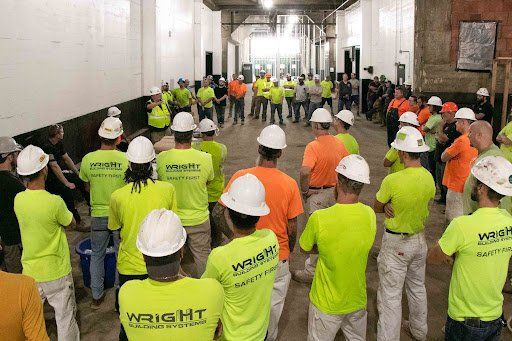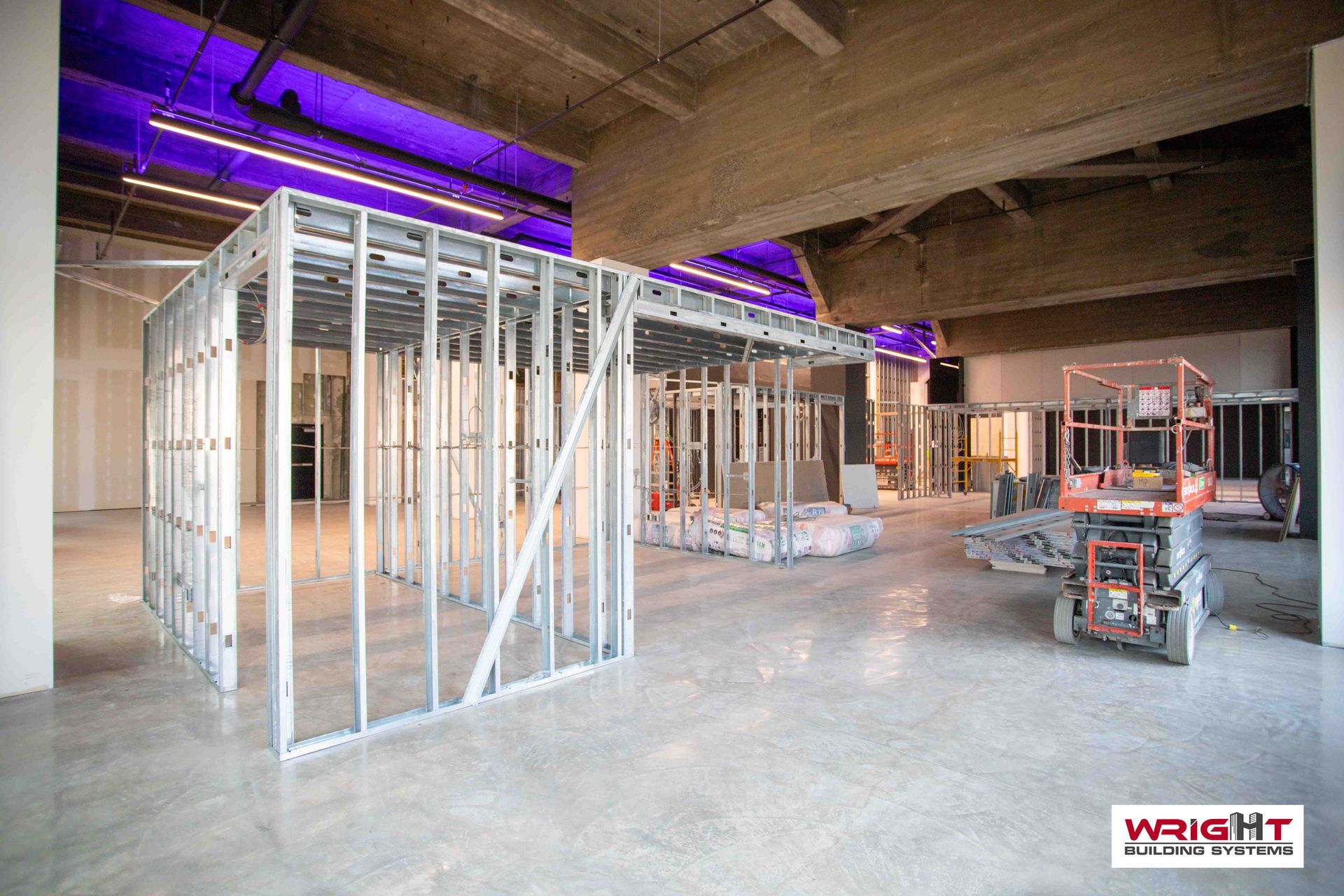Commercial Construction Project Management Tips
A good portion of the success of your next commercial construction project depends on how you manage the project. When things go off the rails, the project manager becomes responsible for getting the entire team back on track. When the project is sailing along smoothly, the manager knows they're working hard to finish on time and within budget.
Whether you're just beginning your role as a project manager for a commercial construction project for your business or a seasoned professional at overseeing these types of projects, it's essential to revisit the basic best practices of construction project management.
Stick to Your Schedule
Try as managers might, several factors throughout construction projects could potentially delay the timeline and skyrocket costs for all parties involved. While some of these are unavoidable, there are several tips PMs can utilize to keep a close, consistent eye on things.
- Get a bird's eye view of the entire project with as many details as possible.
- Ask as many questions from the beginning to help iron out specifics and save time.
- Don't be afraid to point out any unrealistic expectations from anyone involved.
- Cross-reference your project with others to ensure resources are available.
- Monitor your schedule at every step and invest in project management software to help.
Not only can schedules offer a blueprint for success, but they can also offer transparency so everyone involved can easily track progress and identify areas for improvement.
Communicate Freely, Clearly, and Often
Even with planning and scheduling, regular communication is crucial for avoiding costly delays or downtime. Before problems arise, develop a chain of command and protocol for addressing situations. Establish best practices for which conversations should happen by text or email and which require in-person meetings or phone calls.
All communication should go through the project manager's channels and be documented in the software used to schedule projects. To keep everyone on the same page, managers should develop project communication plans that can be as simple or as complicated as necessary to organize important information that everyone can access at a glance.
While you can customize these plans to each industry and project, they should include universal components like communication goals, stakeholders, role titles, and frequency of communication. You should reconcile these plans with your original schedule to identify progress and benchmarks.

Prioritize Urgent Tasks
With so many moving parts and team members involved, it's easy to get overwhelmed by the number of issues that need your attention. Part of your role as a project manager is to be a part-time firefighter, but even they have finite resources and must prioritize which blaze to tackle first.
Address possible obstacles before beginning the project and decide which move to the front of the line. Whether it be an impact on finances, timeline, safety, or something else, create a hierarchy that can give a clear path of action. This can give the team some guidance to free your time up to manage your project and keep it on time.
Manage Time Wisely
Simply put, project managers can't afford to be unproductive. A daily routine can help managers find flow, reduce stress, and ensure a project's success. Try these project management tips:
- Don't neglect your schedule: This is a roadmap that you follow and refer to every time you need some direction, so use it.
- Delegate or DIY: You have two choices, so make them count. Figure out early on which tasks you can pass along to someone else.
- Make meetings count: If there's no action coming from meetings, don't waste your time holding them.
- Choose tech tools: Just like with construction, you need specialized tools for each job -- time management included.
- Remember 80/20: Prioritize the tasks in the top 20% of your must-do list and then work on the other 80%.

Work With Wright
Sometimes a project is too large or complex for one project manager to handle solo. This is the time to partner with a solutions provider that can find opportunities to fill in gaps. Construction project management professionals with the experience and expertise needed to support your work can help make your approach seamless and successful.
Our team members have a shared passion: to deliver quality and profitable projects on time and within budget. We carefully select highly skilled employees committed to the WBS mission. Plus, we only partner with subcontractors we know and trust. You'll know you are choosing the area's best subcontractors to work on your construction project.
Want to have the peace of mind that experts will manage your next commercial construction project? Our team brings years of hands-on construction and consulting experience to your business. We are experts in all aspects of a build, from estimation and pre-planning to successful completion.
Contact us today to get started!



